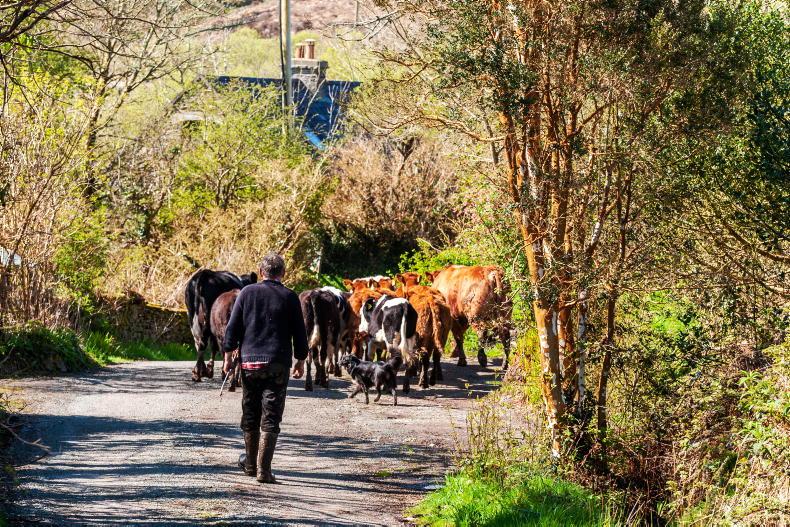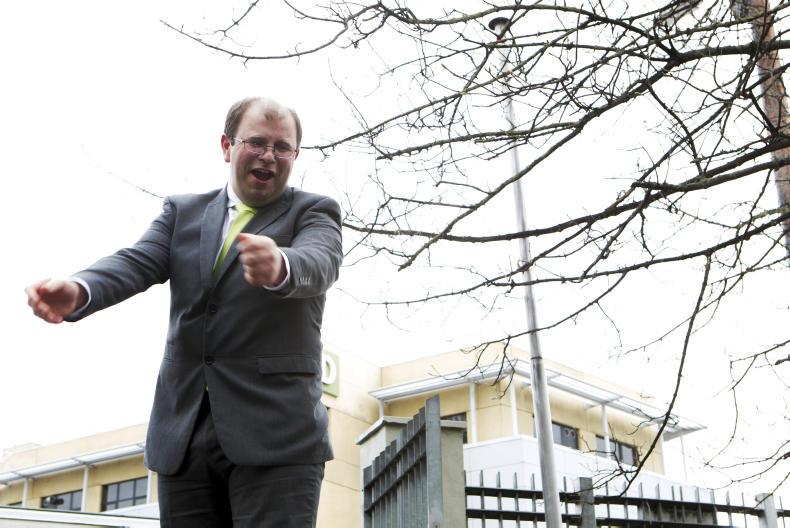Ensuring everyone is happy with the ongoing revision of the Areas of Natural Constraints (ANC) scheme will be difficult. Speaking to the Irish Farmers Journal at an IFA briefing of Oireachtas members on the ANC review in Dublin this Tuesday, IFA’s rural development executive Gerry Gunning said the association has clear priorities in terms of the revised scheme but he is not sure that everyone will be happy with it.
“There are some people who will be out who will feel they should be in and people who feel they should be in who are maybe out and so forth,” he said. “But our priority is to protect the areas that are currently in the scheme and also hopefully bring in new farmers.”
While the current ANC scheme classifies land based on socioeconomic and biophysical criteria, from 2018 onwards the scheme will only take biophysical criteria into account.
These comprise, among others, low temperature, dryness, excess soil moisture, limited soil drainage and poor chemical properties.
Other areas
Gunning says this opens up the possibility of other areas being included that were not in the past, such as areas affected by recent flooding.
Martin Kenny, Sinn Féin TD for Sligo-Leitrim, said that the IFA and opposition politicians need to see the maps of the new designated areas before the Government sends them to Brussels.
“We need to make sure we have the opportunity to change the maps before they are sent for approval to Brussels,” he said.
“It is absolutely vital that the farmers who live on the land who have the most constraint will get the most money from it.”
Kenny welcomed the fact that socioeconomic factors will no longer be taken into account in the new scheme, saying that under the terms of the current scheme you could be designated as disadvantaged if you lived on good land near a town with economic deprivation.
“That isn’t going to be the case after this and it shouldn’t be,” he said.
Additional €25m
Currently, 75% of Ireland is classified as ANC. These payments are worth €205m to 95,000 farmers. There is a commitment in the Programme for Government to allocate an additional €25m to the scheme in 2018.











SHARING OPTIONS